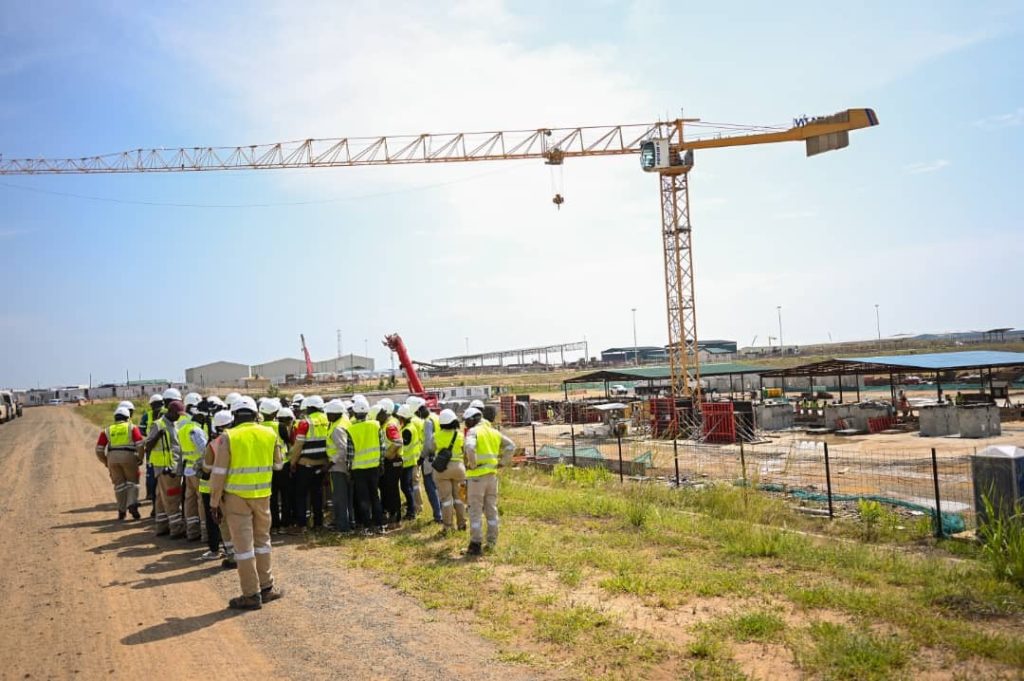Uganda’s oil and gas industry is on the cusp of transformation, with vast reserves in the Albertine Graben poised to reshape the country’s economy. As global energy transitions gain momentum, questions persist about whether fossil fuels can align with sustainability goals. Can Uganda harness its oil and gas resources without compromising its environmental and social responsibilities?
Economic Potential vs. Environmental Challenges
The Ugandan government has projected that oil production will generate billions in revenue, creating thousands of jobs and fostering infrastructural development. The East African Crude Oil Pipeline (EACOP), coupled with a planned refinery, is expected to stimulate investment and boost the country’s industrial capacity.
Yet, the environmental risks are considerable. Oil exploration threatens biodiversity in ecologically sensitive areas, including Murchison Falls National Park. There are concerns over carbon emissions, potential oil spills, and displacement of local communities. Uganda, a signatory to the Paris Agreement, faces the challenge of balancing economic aspirations with climate commitments.
The Role of Oil and Gas in Uganda’s Energy Transition
As Uganda works towards achieving universal energy access, oil and gas could serve as a transition fuel, especially for industries and households currently reliant on biomass. Natural gas could reduce deforestation by providing a cleaner alternative to charcoal and firewood.
However, long-term sustainability requires investment in renewables. Uganda has significant potential in hydro, solar, and wind energy. If oil revenues are strategically reinvested in renewable energy projects, the country could avoid overdependence on fossil fuels while ensuring a greener future.
Ensuring Sustainable Resource Management
For oil and gas to be part of Uganda’s sustainable future, stringent policies and best practices must be enforced. Key measures include:
Environmental safeguards: Implementing robust regulations to prevent pollution and habitat destruction.
Transparency and governance: Ensuring oil revenues are managed effectively to benefit all citizens.
Green technology integration: Investing in carbon capture and emission reduction technologies.
Community inclusion: Prioritizing local engagement and fair compensation for affected communities.
Lessons from Other Oil-Producing Nations
Uganda can draw lessons from Norway, which has successfully leveraged oil wealth to fund renewable energy and a sovereign wealth fund. In contrast, Nigeria’s overreliance on oil has led to environmental degradation and economic instability. Uganda must adopt a prudent approach, ensuring resource wealth translates into broad-based development rather than a source of future economic distress.
A Balanced Path Forward
Oil and gas can contribute to Uganda’s sustainable future, but only if managed responsibly. The government must ensure that fossil fuel development does not come at the expense of the environment or long-term economic stability. By integrating renewables into its energy strategy and adhering to strong environmental and governance standards, Uganda can maximize its oil wealth while securing a greener future for generations to come.


